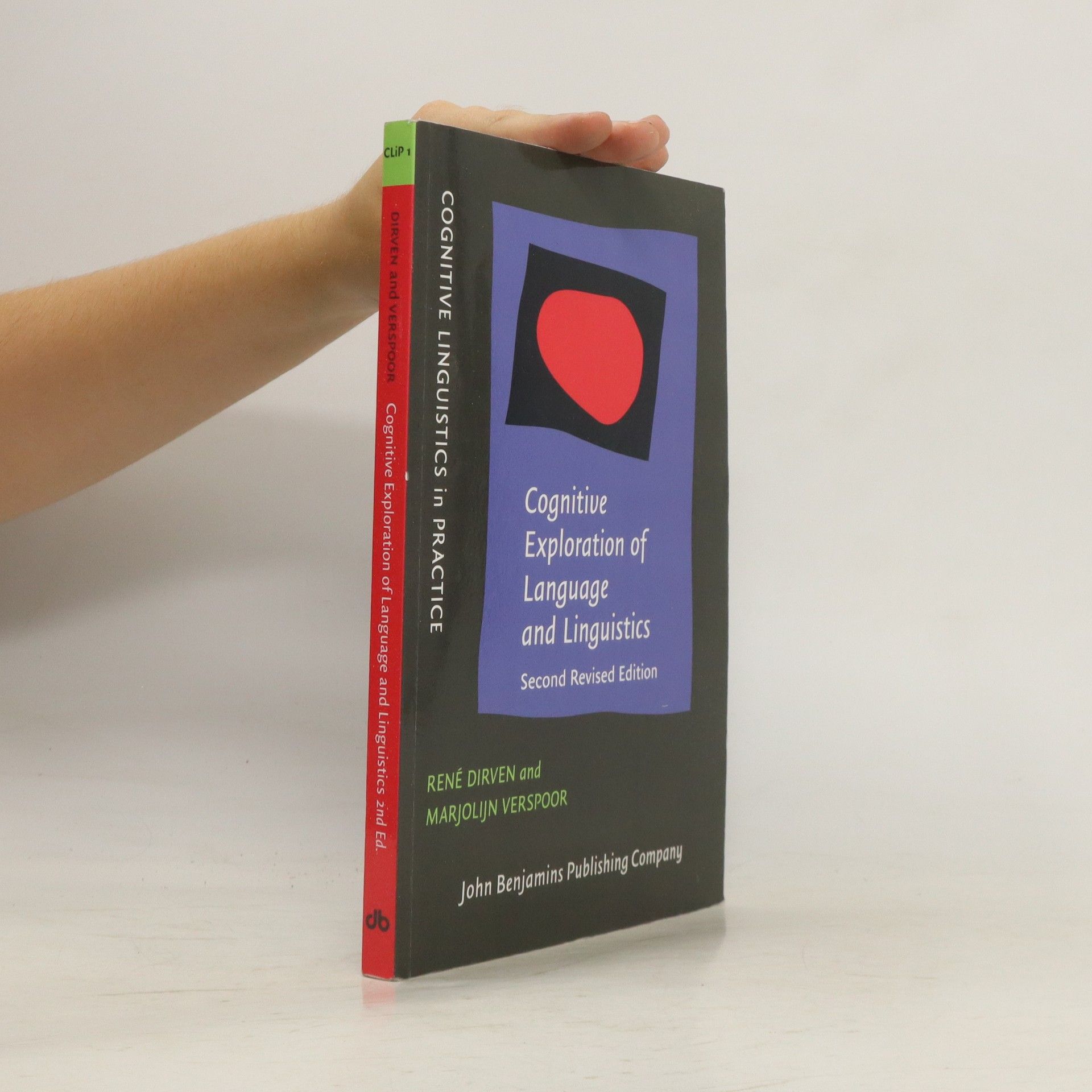"Cognitive Exploration of Language and Linguistics "is designed as a comprehensive introductory text for first and second-year university students of language and linguistics. It provides a chapter on each of the more established areas in linguistics such as lexicology, morphology, syntax, phonetics and phonology, historical linguistics, and language typology and on some of the newer areas such as cross-cultural semantics, pragmatics, text linguistics and contrastive linguistics.In each of these areas language is explored as part of a cognitive system comprising perception, emotion, categorisation, abstraction processes, and reasoning. All these cognitive abilities may interact with language and be influenced by language. Thus the study of language in a sense becomes the study of the way we express and exchange ideas and thoughts.This Second Revised Edition is corrected, updated and expanded."Cognitive Exploration of Language and Linguistics "is clearly presented and organized after having been tested in several courses in various countries.Includes exercises (solutions to be found on the Internet).
Kognitivní lingvistika v praxi Série
Tato série se ponořila do fascinujícího světa kognitivní lingvistiky, zkoumá, jak naše mysl zpracovává a chápe jazyk. Nabízí jasný úvod do různých teoretických a metodologických přístupů, které kladou důraz na zkušenost jako klíč k osvojování, používání a porozumění řeči. Knihy jsou psány přístupným stylem a obsahují praktická cvičení, takže jsou ideální pro studenty i akademiky, kteří chtějí pochopit moderní výzkum jazyka.



Doporučené pořadí čtení
- 1
- 2
Cognitive English Grammar
- 374 stránek
- 14 hodin čtení
- 3
This textbook introduces the reader to the field of phonology, from allophones to faithfulness and exemplars. It assumes no prior knowledge of the field, and includes a brief review chapter on phonetics. It is written within the framework of Cognitive Linguistics, but covers a wide range of historical and contemporary theories, from the Prague School to Optimality Theory. While many examples are based on American and British English, there are also discussions of some aspects of French and German colloquial speech and phonological analysis problems from many other languages around the world. In addition to the basics of phoneme theory, features, and morphophonemics there are chapters on casual speech, first and second language acquisition and historical change. A final chapter covers a number of issues in contemporary phonological theory, including some of the classic debates in Generative Phonology (rule ordering, abstractness, 'derivationalism') and proposals for usage-based phonologies.